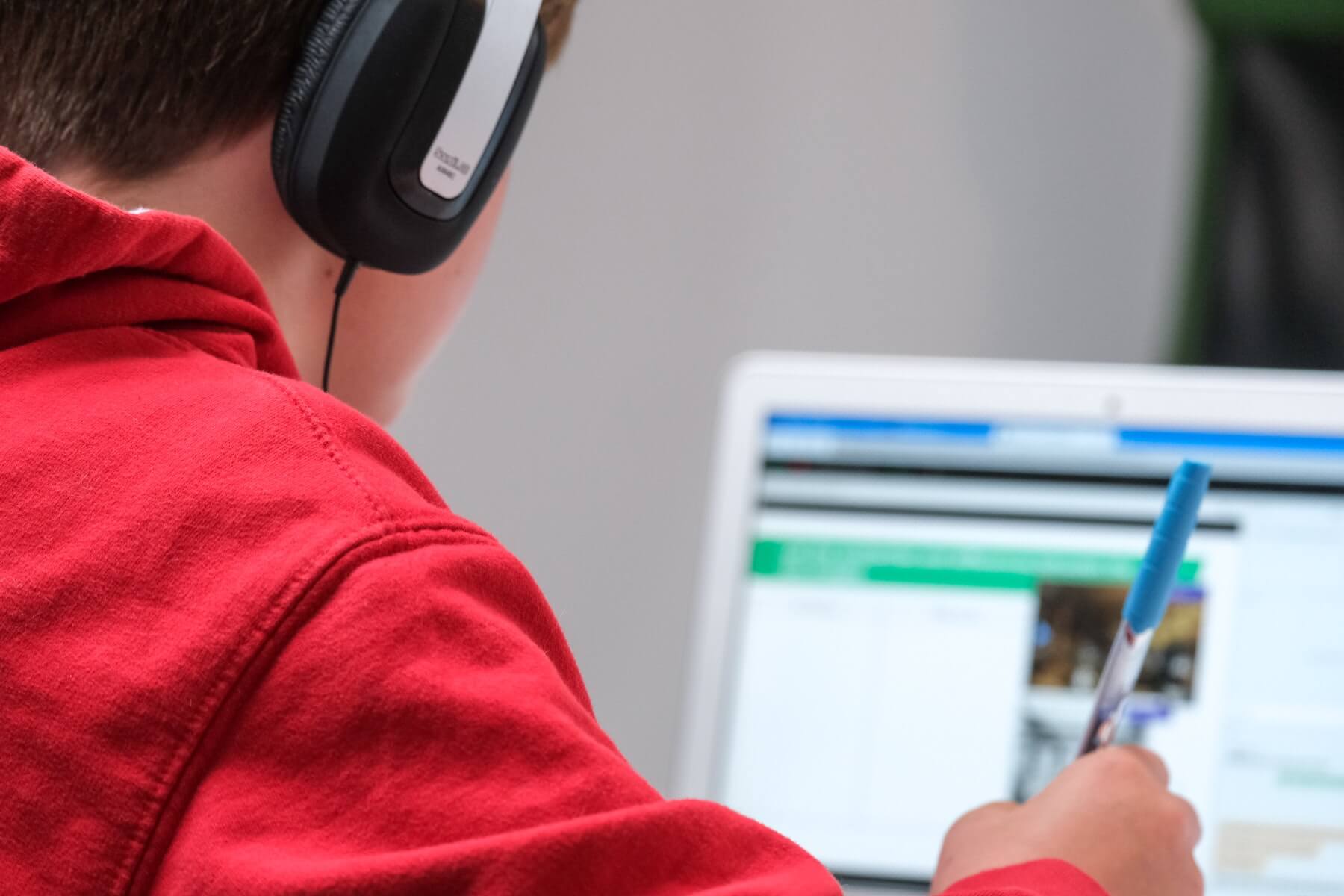How has the pandemic impacted child development, mental health, and education?
When the COVID pandemic closed in-school learning, few anticipated the negative impact on more than 1.6 billion learners worldwide.
Over two years later, parents and educators alike are seeing the effects of learning in isolation – from academic to developmental delays to socioeconomic disparities and breakdowns in youth mental health.
- McKinsey & Company reported that 80% of parents surveyed are concerned about their child's emotional and mental health.
- The New York Times reported that 25% of mental health providers polled say suicidal thoughts were among the top reasons clients sought therapy.
- Erika's Lighthouse reported a 31% post-pandemic increase in mental health visits for kids aged 12-17.
- BestColleges reported that 95% of surveyed college students feel that COVID has impacted their mental health
- Nearly 50% of college students reported a decline in their academic performance related to the mental impact of the pandemic.
Developmental delays in “pandemic babies”
Multiple studies, including two from Columbia University and Brown University, confirm that the loss in interaction, stimulation, creative play and learning opportunities from pandemic isolation have led to delays in verbal, motor and overall cognitive development among babies born during the pandemic. In general, pandemic babies scored lower on social and motor screening tests at 6 months compared to babies born just before the pandemic.
Post pandemic academic delays in elementary schoolers to college students
The pandemic significantly impacted K-12 student learning, with students, on average, 5 months behind in math and 4 months behind in reading. Studies show remote learning limited students' ability to complete all the learning normally taught in a given school year.
Among elementary schoolers, more first and second graders fell two or more grade levels below expectations, lagging in the critical early reading skills necessary for grade-level readiness. Keeping kids engaged in remote learning was challenging, and the decrease in social interactions has directly or indirectly influenced brain development and behavior.
College students attribute burnout, fatigue and apathy to a decline in academic performance. Of students surveyed, 95% feel COVID impacted their mental health, and almost half think that it directly impacted their education.
Loss of services for kids with special needs
For the over 7 million U.S. kids receiving special education services, COVID shutdowns were particularly challenging, limiting access to critical support from in-person learning like speech therapy, behavioral supports, and one-to-one instruction.
The U.S. Department of Education, however, has informed school districts that they have a responsibility to offer any child who missed services for an extended period access to compensatory services to make up for any lost skills.
The mental health impacts of COVID
Students of all ages report increased anxiety, loneliness, sadness, and higher stress levels coming out of COVID, triggering a national mental health crisis. Not only were kids impacted by the isolation, disruption, and lack of structure, but they lacked access to critical academic support and mental health services.
Of the 16,370 parents surveyed by McKinsey & Company, around 80% stated concerns about their child's mental, social and emotional health. Erika's Lighthouse reported a 31% post-pandemic increase in mental health visits for kids aged 12-17, paired with an increase in pediatric ER visits for mental health crises. And one quarter of mental health providers polled by The New York Times say suicidal thoughts were among the top reasons clients were seeking therapy.
So Now What?
The good news is, if delays are caught early, it's much easier for kids to catch up. Early intervention can change a child's developmental path, ensuring they have the skills to succeed in school and life. Check out our resources on developmental milestones for information on what to do if you think your little one is behind.
If your child has an IEP or special education plan, work with your school district to evaluate your child for any deficits from missed services. Remind them of their obligation to provide the necessary services to get your child on target with their developmental and educational goals.
Pay attention to warning signs
If you're have any concerns about your child's mental health, familiarize yourself with the warning signs.
- Changes in mood
- Extreme irritability
- Trouble sleeping
- Difficulty concentrating
If you see one or more of the warning signs, your concerns may be valid. Reach out to your child's health care provider and consider consulting a counselor or mental health therapist.
“Your mental health professional can help your child improve how they see themselves and the world around them.”
“By seeing their thoughts and feelings from a different perspective, they are able to improve their psychological well being.”
“When children feel mentally healthier, they will likely also feel physically healthier. In turn, they will be able to make better choices, develop better coping skills, and create positive behavioral changes.”
— Cari Whitlock, Licensed Clinical Psychologist and Neuropsychologist, for HYM
